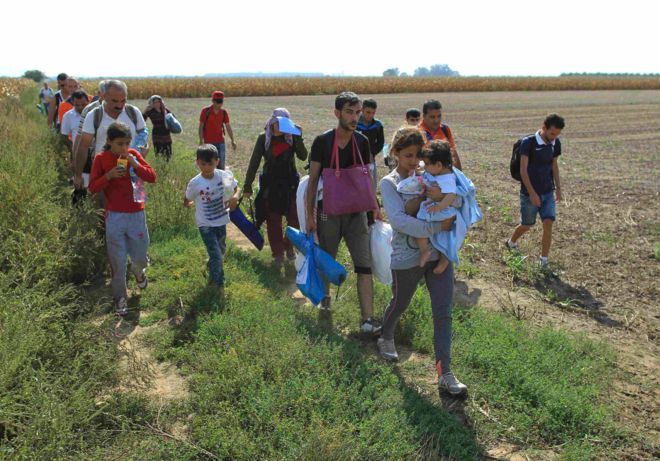1.
What is the history of the English language after WWII
After WWII,
United States emerged as an economic and military superpower and American
English gained worldwide influence, gradually overtaking the British English,
which was dominating before WIII.
2.
What is meant by ESL, EFL, ESP?
ESL is
English people learn in addition to their mother tongue so they can take part
in the life of country in which they live. An example might be Spanish-speaking
Mexican Americans in the US.
EFL is
English learned by individuals that have no daily contact with the language.
Many adult Chinese are, for example, today learning English as a foreign
language.
ESP is
English for special purposes and it is usually designed to give people some
specific English skills in, for example, trades, business or other professions.
3.
Do you think that international English enriches the cultures of the world, or does
it drain them of their uniqueness?
English has
a huge influence for the all cultures in the world. By English, we are able to communicate
with foreigners, so that can enrich our culture a lot. Also, we are allowed to
discover some history of the world and other cultures where the language is incomprehensible
for the other, with the help of English. In the other hand, English substitutes
many native words at some languages and that makes that the language disappears. In
addition, the new technologies make that the language gets new English words,
which can be unknown for elders.
4.
Explain the terms inner - outer - expanding circle.
In the “Inner
Circle” we will find countries where English is the first or the dominant
language. These countries are Australia, Britain, Canada, Ireland, New Zealand,
and the United States.
In the “Outer
Circle” we will find nations where English is spoken as a second language. In
this circle are included countries such as India, South Africa, Singapore, Philippines
or Bangladesh.
In the “Expanding
Circle” encompasses countries where English plays no historical or governmental
role, but where it is nevertheless widely used as a medium of international
communication. We will find it in nations such as Russia, China, Indonesia,
Japan, South Korea or Zimbabwe.
5.
Why is it necessary to have standard forms of English?
It is
necessary to have them because if the world will use English in the way that
not native speakers use it (for example; “She look very good” instead “She looks very good”), so the other people that
are studying English will do it bad and
the structure of language may be destroyed.
6.
Which forms of English does David Crystal believe we will have in the future?
He believes
that in the future people will have three forms of English; one they speak
locally as their dialect, a notional variety for education and business, and
then a standard international English for communicating with foreigners.
7.
English has become important in six different fields - which?
English is
important in fields such as:
-
International education
-
International businesses and trade
-
International diplomacy
- Art and
entertainment
- Science
and technology
- Digital communications





